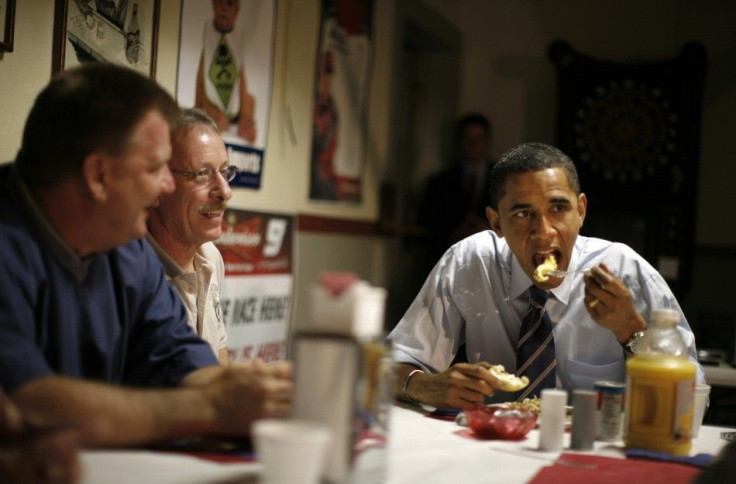New Union Rules to Aid Unionization Elections

A new set of rules proposed by the National Labor Relations Board (NLRB) today would speed up elections in which employees choose whether to unionize, pleasing labor groups and prompting criticism from business organizations.
If passed, the new regulations would represent a victory for unions because they diminishes the ability of companies to mount campaigns aimed at dissuading workers from unionizing. They would also limit the threat of costly legal action, alluded to in the NLRB's statement that the new rules are intended in part to reduce unnecessary litigation.
Our current system has become a broken, bureaucratic maze that stalls and stymies workers' choices, said AFL-CIO President Richard Trumka.
And that diminishes the voice of working people, creates imbalance in our economy and shrinks the middle class.
Pro-business groups painted the proposal as an attempt by the Obama administration to strengthen the clout of unions against Republican attempts to limit their power. Randy Johnson, the Chamber of Commerce's chief labor official, called it one of the administration's biggest gifts yet to organized labor.
We knew it was only a matter of time before the administration used the regulatory process to tilt the playing field in organized labor's favor, Michael Eastman, executive director of labor-law policy for the pro-business Chamber in Washington, said in an email to Bloomberg.
Union membership has been steadily declining for decades, something union officials attribute partially to companies delaying elections and using the extra time to convince employees not to join.
Too many workers have seen their efforts to join together on the job defeated by costly litigation and delaying tactics by their employer, Mary Kay Henry, president of the Service Employees International Union, said in a statement.
The NLRB said it plans convene a public hearing on the rules in Washington from July 18 to July 19.
© Copyright IBTimes 2024. All rights reserved.











